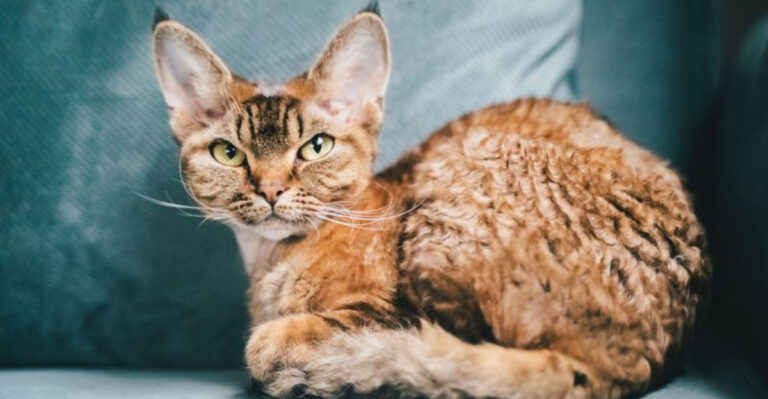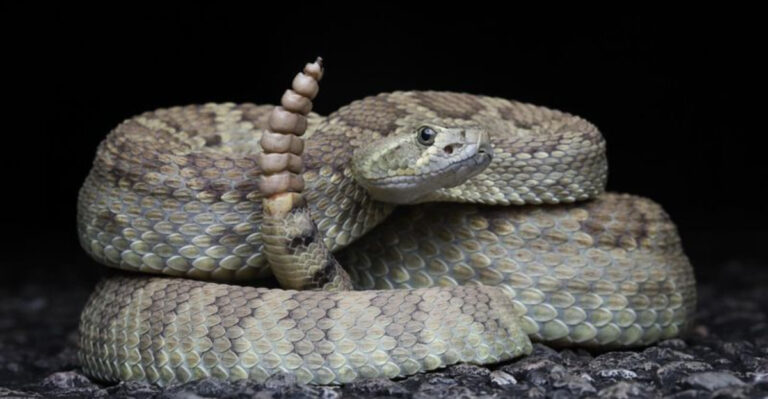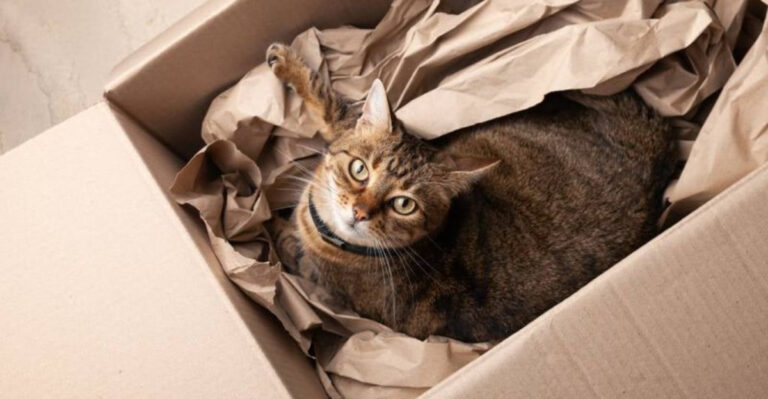13 Everyday Household Items That Are Dangerous For Your Cat
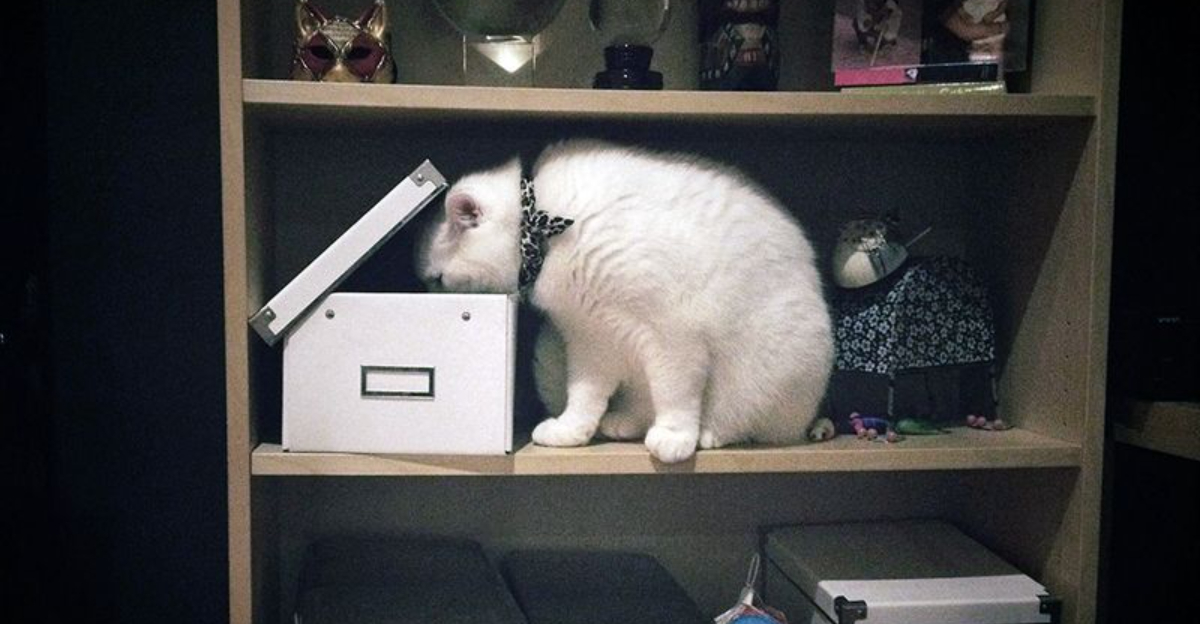
Cats are natural explorers, which can sometimes lead them into trouble right under your nose. Your home, a place of comfort and love, might hide unsuspected dangers for your feline friend.
Here are 13 everyday items that, while common in households, can pose serious risks to your cat’s health and well-being.
1. Lilies
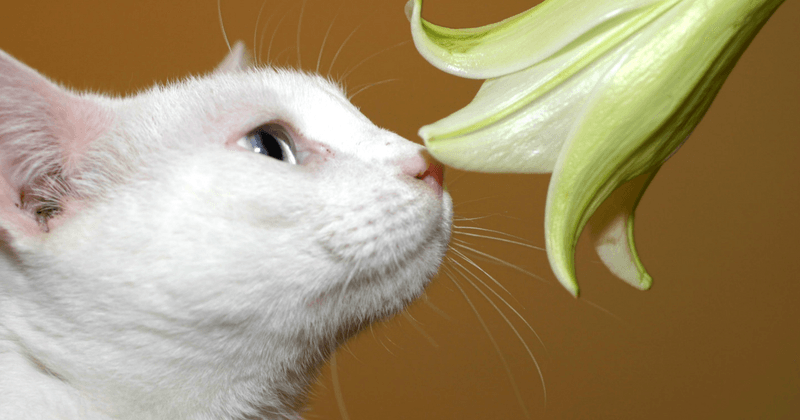
Lilies are beautiful but deadly for cats. Even a small nibble on a petal or a lick of pollen can lead to kidney failure. Imagine your cat, entranced by the fragrance, unknowingly walking into danger. Keep these gorgeous flowers out of your home, and opt for safer alternatives like sunflowers or roses.
2. Onions And Garlic
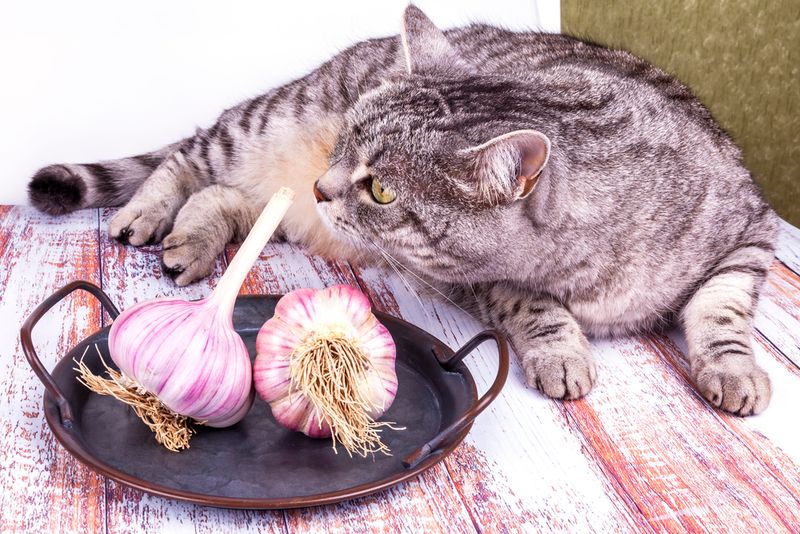
Onions and garlic might enhance your meals, but they’re a recipe for disaster for cats. These flavorful ingredients can cause anemia, damaging your cat’s red blood cells. Picture your furry friend sneaking a taste, only to face severe health issues. Keep these pantry staples sealed and out of reach.
3. Chocolate
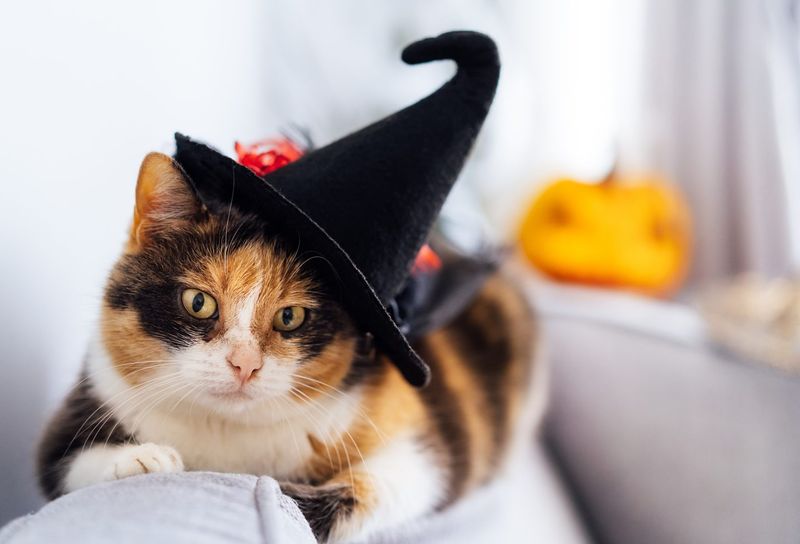
Chocolate is a sweet danger for cats. The theobromine in chocolate can cause serious harm, from tremors to heart issues. Imagine your cat stealthily approaching a forgotten chocolate bar, unaware of the perils it holds. Always store chocolate safely away from your feline’s curious paws.
4. Household Cleaners

Household cleaners are essential but perilous for cats. The chemicals inside are toxic, causing anything from mild irritation to severe organ damage.
Visualize your cat, intrigued by the bottle, accidentally inhaling or ingesting these harmful substances. Store cleaners in secured cabinets to prevent such mishaps.
5. Essential Oils
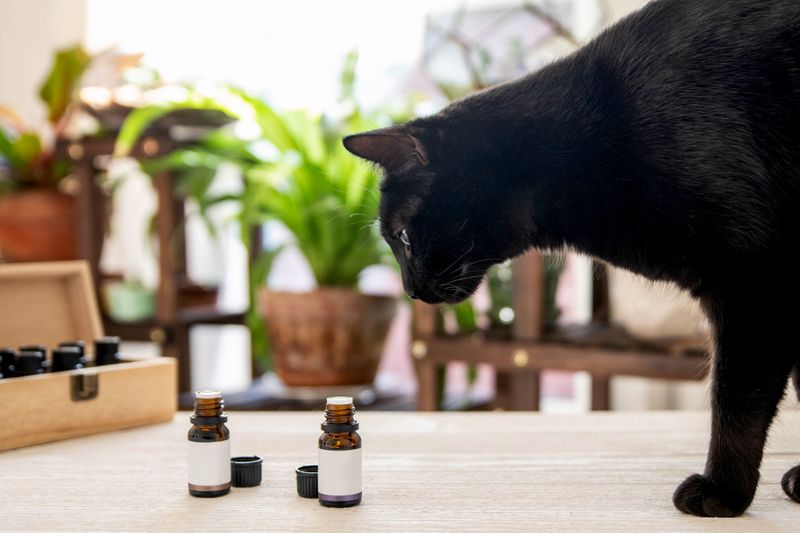
Essential oils may provide serenity for humans but spell trouble for cats. Inhalation or skin contact can lead to respiratory issues or liver damage. Envision your cat, lounging nearby, absorbing the soothing scents while unaware of the potential harm. Ensure diffusers and oils are out of your cat’s reach.
6. Battery

Batteries, especially small ones, are hazardous chew toys for cats. If ingested, they can cause burns or poisoning. Imagine your cat swatting a coin battery, captivated by its roll, yet facing a grave threat. Keep all batteries stored away in drawers or containers that are inaccessible to your cat.
7. Alcohol

Alcohol is toxic for cats, even in small amounts. Consuming it can lead to vomiting, diarrhea, or worse. Picture your feline, curious and unsuspecting, lapping up a few drops from a spill. Prevent this by cleaning up immediately and storing alcoholic beverages out of their reach.
8. Plastic Bags

Plastic bags are silent traps for cats. They pose suffocation risks and can cause digestive blockages if ingested. Visualize your cat exploring a crumpled bag, only to find it’s caught up and in danger. Use reusable bags instead and keep all plastic tucked away securely.
9. String And Yarn
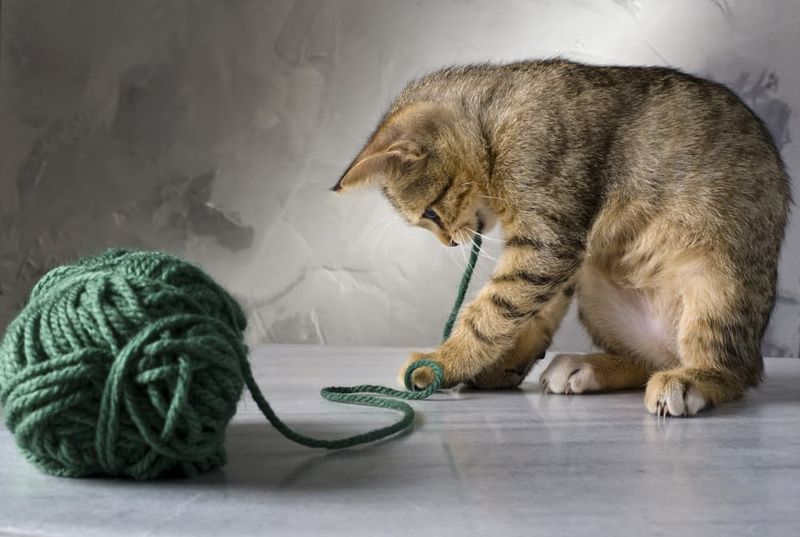
String and yarn, though entertaining, can be perilous playthings. If swallowed, they might cause serious intestinal issues. Imagine your cat, playfully pawing at a loose thread, oblivious to the havoc it could wreak inside. Opt for safer toys and keep these tangled temptations out of sight.
10. Medication
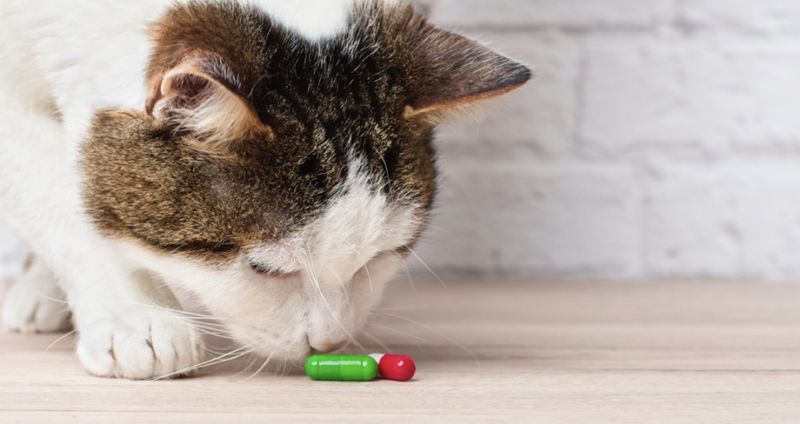
Medications, both human and veterinary, can be life-threatening if ingested accidentally by cats. Picture your curious cat knocking over a bottle, mistaking the pills for treats. This can lead to poisoning or severe reactions. Store all medications securely in cabinets out of their curiosity’s reach.
11. Plants And Flowers

Various houseplants, although decorative, can be toxic to cats. Symptoms like vomiting or worse can arise from a single bite. Imagine your cat, drawn to the vibrant leaves, unknowingly jeopardizing its health. Research plant safety before bringing greenery into your home and limit access to risky ones.
12. Caffeine
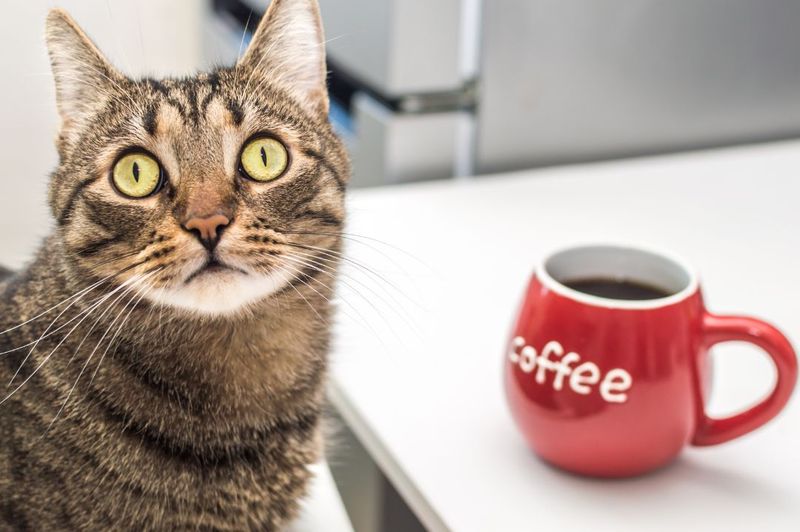
Caffeine is a dangerous stimulant for cats. Just a small amount can lead to restlessness or heart problems. Picture your cat sneaking a lick from your coffee cup, unaware of the jittery effects. Always keep caffeinated drinks and products like tea or energy drinks well away from your feline.
13. Antifreeze

Antifreeze, with its sweet scent, is a lethal hazard for cats. Just a teaspoon can be fatal. Visualize your cat exploring outside, drawn to the shiny puddle, not realizing the deadly potential. Always clean up spills immediately and store antifreeze containers securely to prevent accidental exposure.

